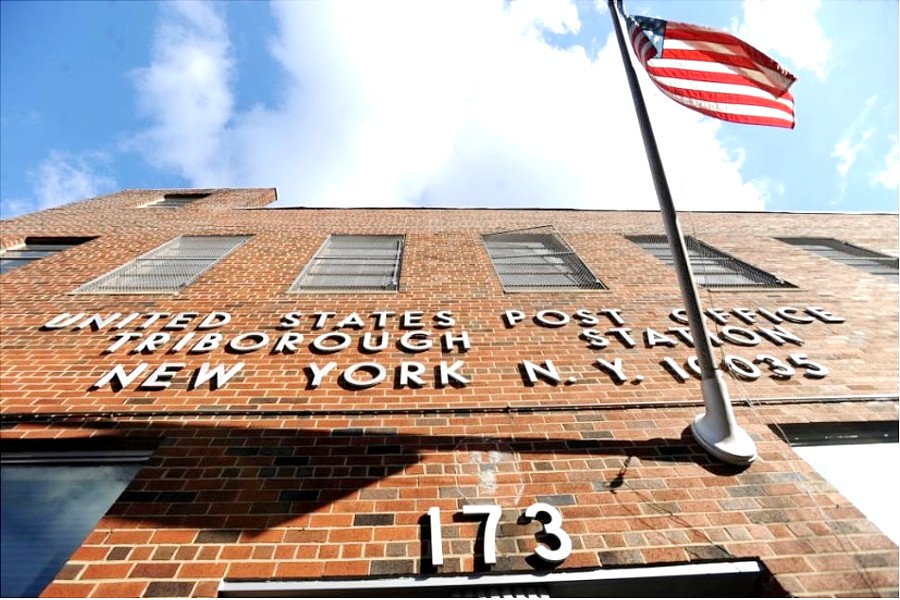 As researchers continue to discover how climate change can affect everything from consumers’ health to the financial markets,
As researchers continue to discover how climate change can affect everything from consumers’ health to the financial markets,
a new study conducted by researchers from the University of California at Santa Barbara is exploring a new way to combat the climate crisis.
According to their findings, giving consumers access to affordable health care could be beneficial in improving climate change. The researchers analyzed a rural population in Indonesia where a health clinic was opened, and medical services were discounted in exchange for a promise to reduce illegal logging.
In doing so, deforestation improved by 70 percent in 10 years, making these findings important in terms of both access to health care and climate change.
“This innovative model has clear global health implications,” said researcher Michele Barry. “Health and climate can and should be addressed in unison, and done in coordination with and respect for local communities.”
Solving two problems simultaneously
In 2007, two nonprofit organizations worked to create a health care clinic in Indonesia that was located near Gunung Palung National Park. The goal of the clinic was to serve the local community’s health care needs, while also giving consumers an incentive to preserve the natural landscape around them. Clinic patients were given a discount on medical services if they promised not to participate in illegal logging in the nearby national park.
Prior to the clinic’s opening, the forest had been rapidly diminishing due to deforestation and illegal logging. However, the researchers analyzed data on both the patient’s health outcomes and the state of the forests, and they learned that the clinic was effective in treating both issues.
Within 10 years, they observed that logging had reduced by 70 percent, while common health concerns in the area — like diabetes and malaria — were also on the decline. Additionally, those who most frequently utilized the clinic’s services were also responsible for the biggest drop-offs in logging.
“We didn’t know what to expect when we started evaluating the program’s health and conservation impacts, but we were continually amazed that the data suggested such a strong link between improvements in health care access and tropical forest conservation,” said researcher Isabel Jones. “
As similar clinics are set to be established in Madagascar and Brazil, the researchers hope that lawmakers understand just how powerful these findings are, as there are opportunities to benefit both consumers’ health and the environment reports Consumer Affairs.
“The data support two important conclusions: human health is integral to the conservation of nature and vice versa, and we need to listen to the guidance of rainforest communities who know best how to live in balance with their forests,” said researcher Monica Nirmala.
Become a Harlem Insider!
By submitting this form, you are consenting to receive marketing emails from: Harlem World Magazine, 2521 1/2 west 42nd street, Los Angeles, CA, 90008, https://www.harlemworldmagazine.com. You can revoke your consent to receive emails at any time by using the SafeUnsubscribe® link, found at the bottom of every email. Emails are serviced by Constant Contact








